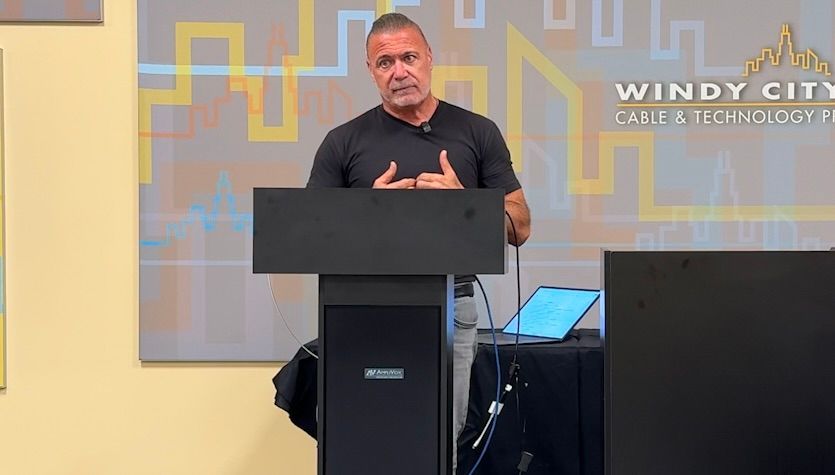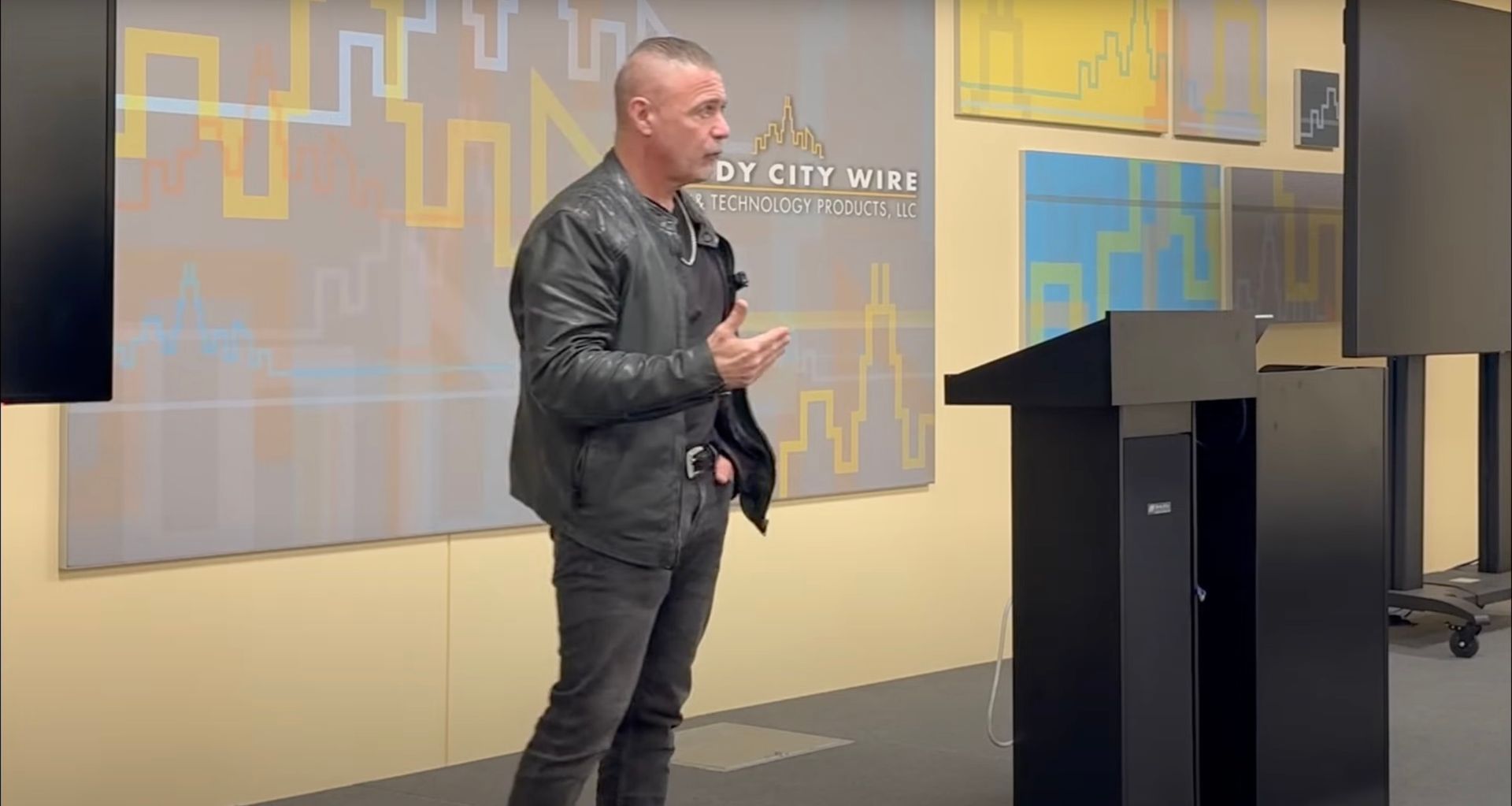"Unspoken Details Remain Unknown."
By Rich Galgano
People aren’t mind readers. Prospects, customers, and colleagues may not fully understand your value, uniqueness, expertise, or credentials unless you communicate them clearly. If you don’t share the details that matter, they are likely to go unnoticed—particularly by the people who would benefit from knowing them.
But it’s not just about what you say—how you say it matters just as much. Being direct doesn’t mean being abrasive. Thoughtfulness and framing are just as crucial as clarity. The difference between closing a deal, influencing your audience, or alienating a prospect often hinges on how well you balance clarity with tact.
Clarity is Everything
If you assume people will figure it out on their own, you’ve likely already lost. You may know your value, your story, and what sets you apart—but others won’t unless you effectively communicate it.
When I built Windy City Wire, I didn’t sit back and hope people would realize we were innovating the wire and cable industry. I made sure they knew why and how we were different. If I hadn’t, do you think anyone else would have? Of course not. Unspoken details remain unknown.
Sales 101: Speak Your Value the Right Way
In sales, this principle couldn’t be more critical. Think about your last pitch. Did you clearly explain how you solve your customer’s problems, or did you assume they already knew? If you didn’t say it, how could they possibly know it?
When you communicate your value, do it in a way that resonates. Align your message with your audience’s needs, not just your agenda. If you’re coming from a place of genuine value, you’re not overselling—you’re helping. The key is often to frame your message so it connects with them.
The Leadership Parallel
This isn’t just about sales—it’s about leadership. Great leaders recognize that their team may not always be fully aware of the plan or the vision. They take the time to communicate it clearly. By setting expectations, defining success, and sharing the rationale behind decisions, they help ensure alignment and understanding.
If you’re leading a team, don’t leave them guessing. Leadership often involves building connection, and clear, intentional communication can play a significant role in fostering that connection.
The Cost of Silence
Silence is often costly. When you don’t speak up about your achievements, goals, or capabilities, you give others the opportunity to control the narrative. Additionally, you might be overlooking opportunities to build trust and strengthen relationships.
Imagine if I never shared that I was a finalist for the Entrepreneur of the Year award or that I built a wire and cable business into an industry leader. Would those achievements mean anything if no one knew about them? The same goes for you. If you don’t talk about your value, how will anyone ever know?
It’s Not About Bragging—It’s About Connection
Some people worry about sounding boastful, but I’ve never lost an opportunity by communicating effectively. On the other hand, I’ve seen plenty of deals fall apart because the right details weren’t shared or the message wasn’t framed properly.
When critical information goes unspoken, or when it’s delivered poorly, opportunities can slip away. If you’ve built something worth talking about, talk about it. Shine a light on your credentials, experience, and value proposition. Communicate thoughtfully and tactfully to show you’ve earned your place in the room.
Final Thoughts
Unspoken details remain unknown. Whether in sales, leadership, or personal branding, effective communication can be your most valuable tool.
Be clear. Be thoughtful. Frame your message in a way that resonates with your audience. By doing so, you'll have the chance to build trust, earn respect, and create opportunities you might not have imagined.










